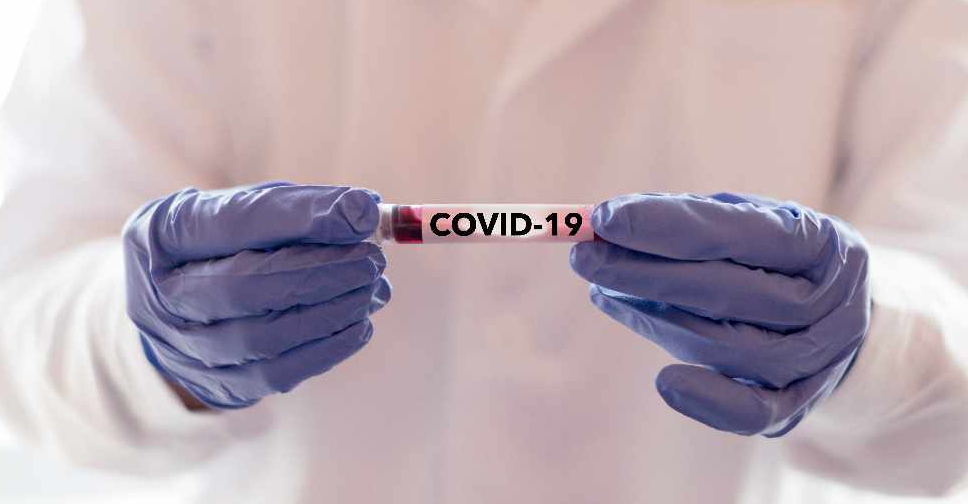
In line with its drive to strengthen the UAE’s leading role in the global fight against the COVID-19 pandemic, Mubadala Healthcare is part-funding the trial of a drug in the UK to help patients with diabetes overcome the effects of the virus.
The UK’s Medicines and Healthcare products Agency has approved the trial, known as ARCADIA.
It follows preclinical research that suggests a glucose kinase activator could help diabetes patients with COVID-19 by dampening the overactive response of the immune system that is typically acute in patients with raised blood glucose levels.
The trial started on September 29, and involved hospitalised patients with mild to moderate COVID-19 symptoms.
If successful, the compound could ultimately be prescribed by a primary care physician for diabetes patients presenting with early COVID-19 symptoms.
Abdulla Abdul Aziz Al Shamsi, Head of Mubadala Healthcare, said, "We are delighted to be involved in this collaboration as it has great potential benefit for the UAE. There are more than one million people living with diabetes in our country, and this group is identified as being particularly vulnerable to effects of the COVID-19."
He added that this investment is one of many Mubadala Healthcare is making to enable the UAE government and population to mitigate the effects of the disease. It shall provide the resources needed to support local and international efforts that will lead to solutions for the pandemic.
The trial of the drug will be conducted by Excalibur Medicines Limited, EML. Mubadala Healthcare, Excalibur, several private partners, and the UK Government through the UKRI/Innovate UK programme is providing the research grant for the anticipated drug.
EML founder Prof Sir Chris Evans stated that the funding from Mubadala Healthcare and other partners will allow to fast-track the research.
"All of us supporting this trial recognise this drug has the potential to make a huge difference to people with diabetes who are unfortunate enough to contract coronavirus and we foresee a significant impact on the level of fatalities in the future. Treatments such as this could be vital as we are likely to be living with this virus for some time to come."




 UAE issues yellow alert as dusty conditions reduce visibility
UAE issues yellow alert as dusty conditions reduce visibility
 Traffic diversions in Ras Al Khor for Dubai Metro Blue Line works
Traffic diversions in Ras Al Khor for Dubai Metro Blue Line works
 UAE set for second phase of single-use plastic ban
UAE set for second phase of single-use plastic ban
 Minor earthquake recorded east of Saudi Arabia
Minor earthquake recorded east of Saudi Arabia
